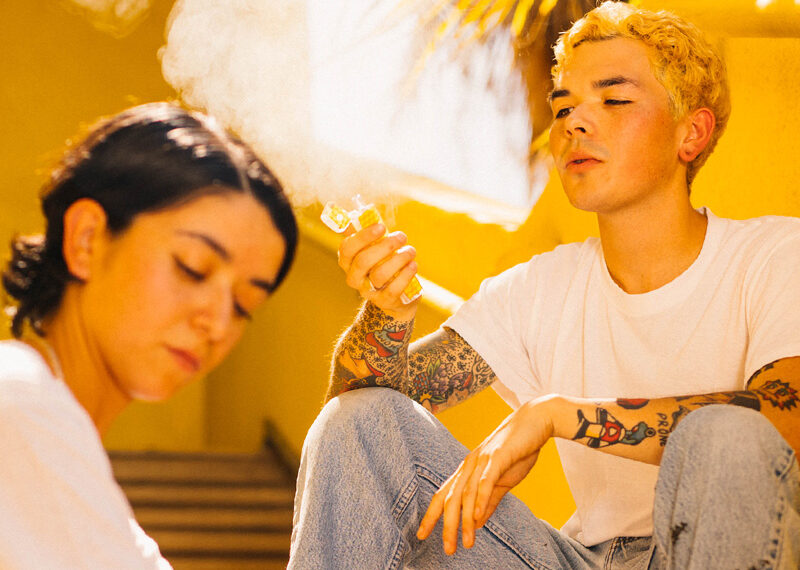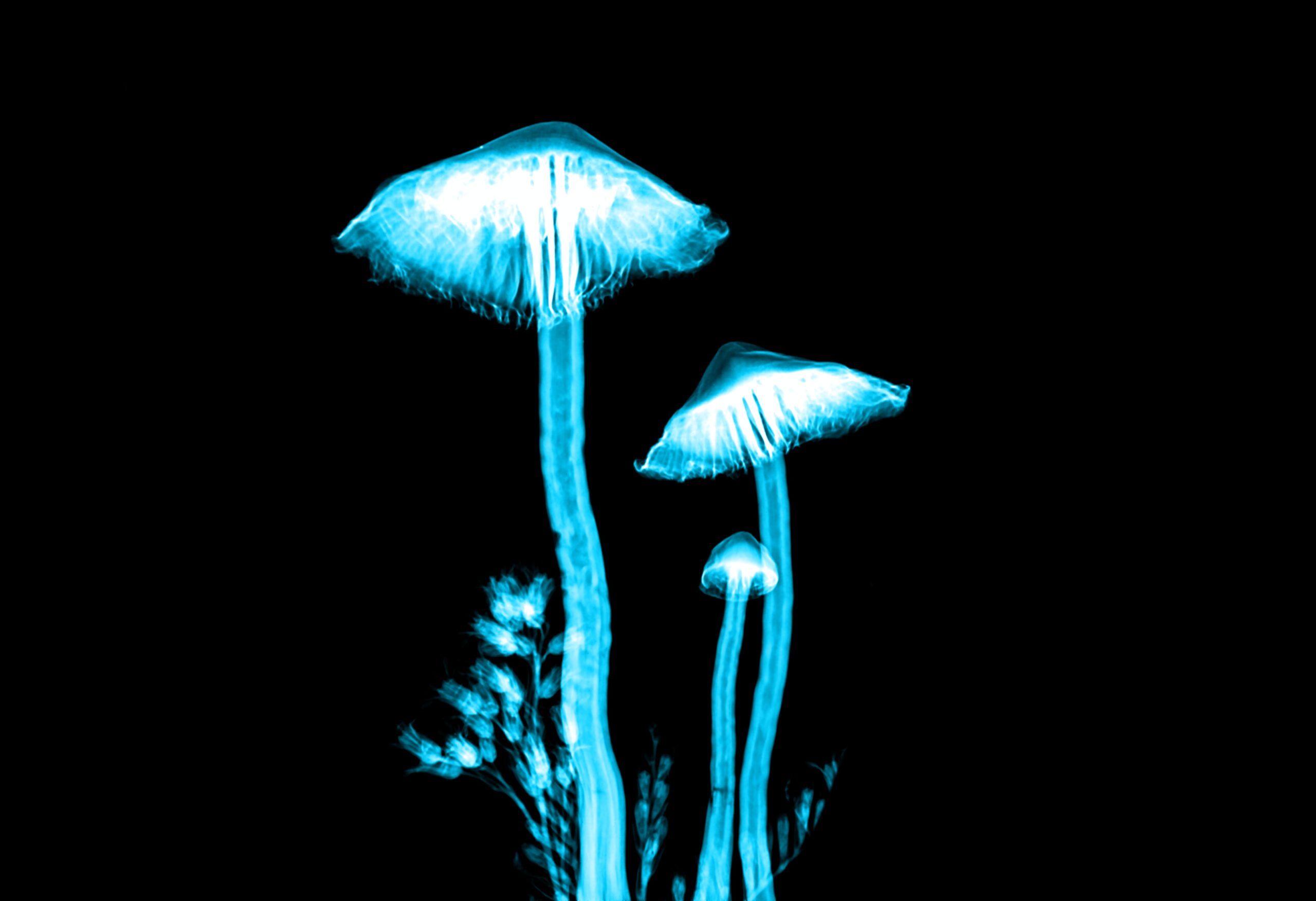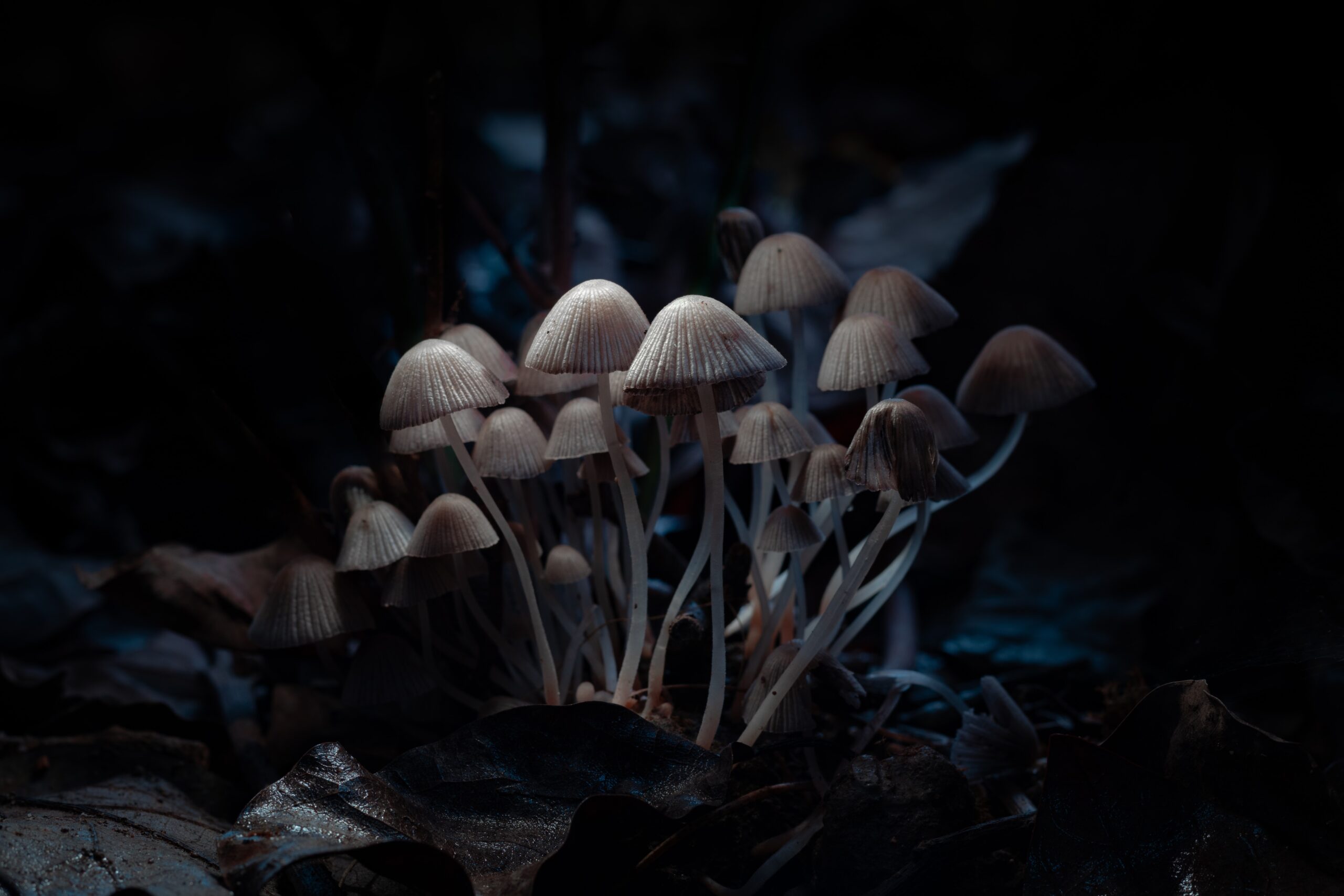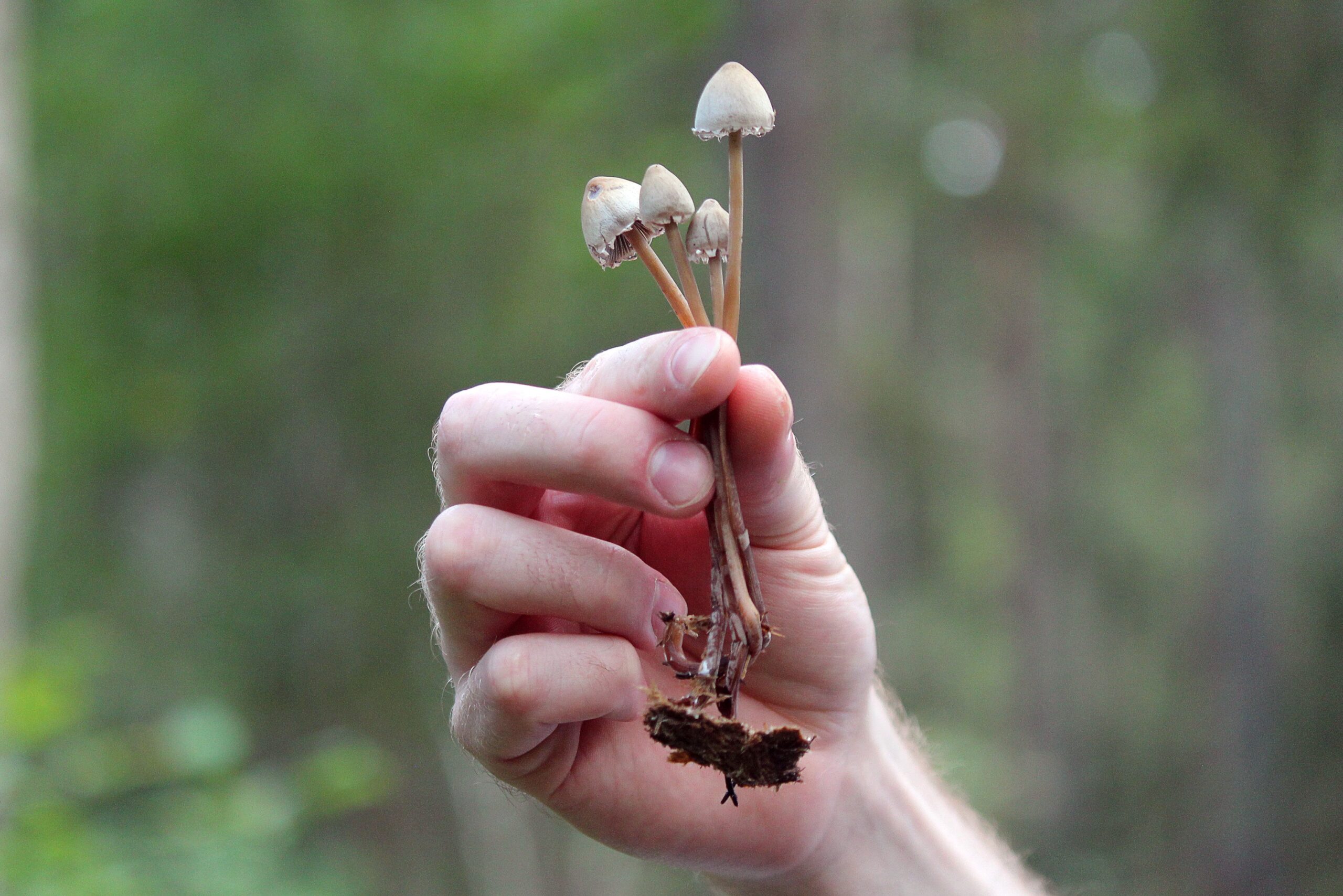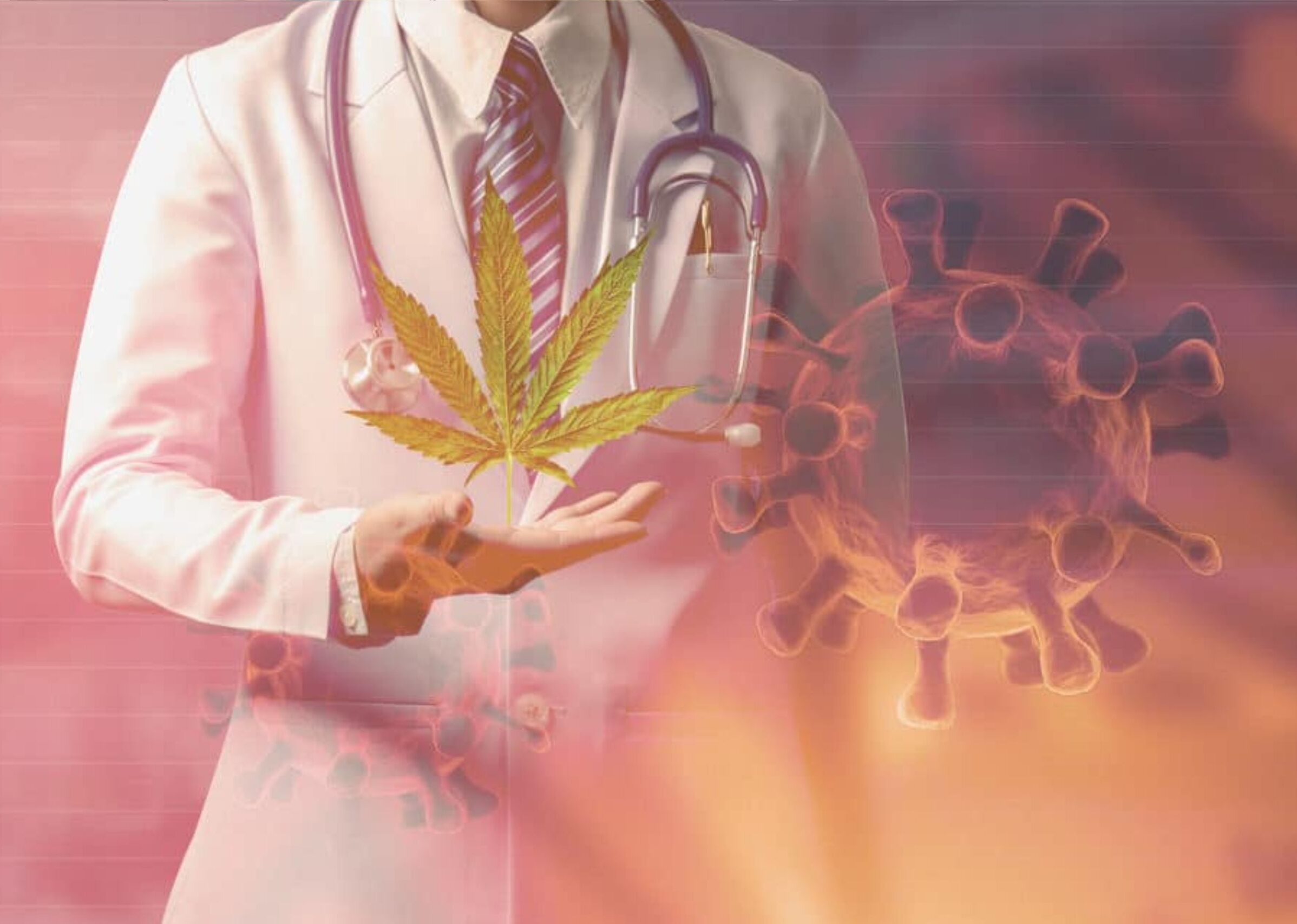However, it is important to be aware of the potential risks associated with their use, such as the possibility of a bad trip, anxiety, and paranoia. In some cases, people may also experience physical symptoms such as nausea, vomiting, and diarrhea.
There is also a risk of developing a tolerance to psilocybin, which can lead to the need for higher doses to achieve the desired effects. This can increase the risk of negative side effects and potentially dangerous situations, such as accidents or injury.
Despite these risks, the use of magic mushrooms is not associated with the same level of harm as many other recreational drugs, such as alcohol or opioids. In fact, studies have shown that psilocybin use is associated with a lower risk of dependence and addiction than many other substances.
The legality of magic mushrooms varies by country and region. In some places, psilocybin is classified as a Schedule I substance, meaning that it is considered to have a high potential for abuse and no recognized medical benefits. However, there is growing support for the legalization of psilocybin for medical and therapeutic use.
In recent years, several cities in the United States, including Denver and Oakland, have decriminalized the possession and use of magic mushrooms. This does not mean that psilocybin is legal, but it does mean that law enforcement agencies are instructed to make the enforcement of psilocybin-related offenses their lowest priority.
